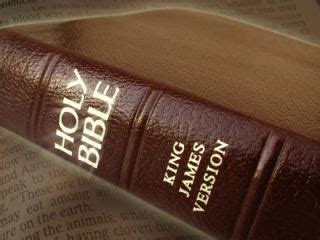Back in the 17th century many Puritans were emigrating from England to the English colonies in New England. Their goal was to establish a “city on a hill” away from the religious persecution in England. Two leaders in the movement, John Winthrop and John Cotton, believed their endeavor would be blessed by God. This is evident in Cotton’s sermon, Gods Promise to His Plantation (1630), and Winthrop’s sermon, A Model of Christian Charity (1630). (I know Winthrop was not ordained, but this lecture functions as a sermon.) They used the old and new testament to support their claims that the Puritans’ decisions were righteous.
John Cotton, Gods Promise to His Plantation
Cotton’s sermon was meant for those who were leaving England. He wanted to reassure them that they were making the right decision. There was a sense of optimism in Cotton’s sermon. He offered the departing Puritans Godspeed. He told them their journey was blessed by God and that they should get on with it. Cotton wanted them to believe that God really was with them and a large part of the sermon was devoted to this optimism.
Cotton told them to be faithful to God’s Laws for if they were, then God would have them prosper. This is evident in 2 chapters of the old testament, Leviticus 26 and Deuteronomy 28. The first quarter of each of these chapters is devoted to the positive sanctions people will receive in history, if they obey God’s laws. The remaining portion of the chapters are devoted to the opposite; they show the consequences of disobeying God.
John Winthrop, A Model of Christian Charity
Winthrop’s sermon was about the functioning of the colony. In the 17 century free-market theory was not developed. No one knew that a free-market devoid of government influence would allow for a prosperous society. This put Winthrop in a sticky situation as there was no English tradition for which they could use to order their society. They were leaving the king and his magistrates across an ocean. Plus, they were congregationalists, so the church couldn’t fulfill the role. They believed that they needed some authority to help men to cooperate with one another because if they didn’t their colony would fail. Winthrop’s sermon gave hope that once they got to the New World everyone would cooperate to see the success of their colony. He did this by appealing to Christian charity.
Winthrop knew they must cooperate to survive in the New World. He hoped that all the colonists (who were basically strangers to one another) would help each other based on Christian love. That they should love thy neighbor. he believed, this charity would be necessary to sustain them in America.
At the end of his sermon he claims that they will create a city on a hill for the world to see and imitate. This is very reminiscent of a line from Jesus’ sermon on the mount. Matthew 5:14 “Ye are the light of the world. A city that is set on a hill cannot be hid.” (This is in the new testament, but it is still worth mentioning.)
Conclusion
The Puritans needed to believe their journey was sanctioned by God. They never would have left England if they thought God hadn’t approved of their journey. John Cotton and John Winthrop tried to convince Puritans that God was indeed in favor of their journey. They used the bible to support their claims. They included many old testament stories in their sermons to help people remember their reasoning.

Leave a Reply